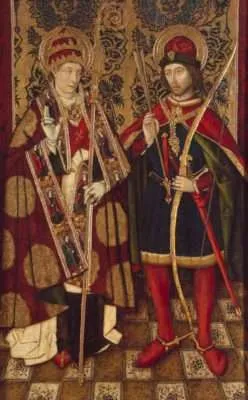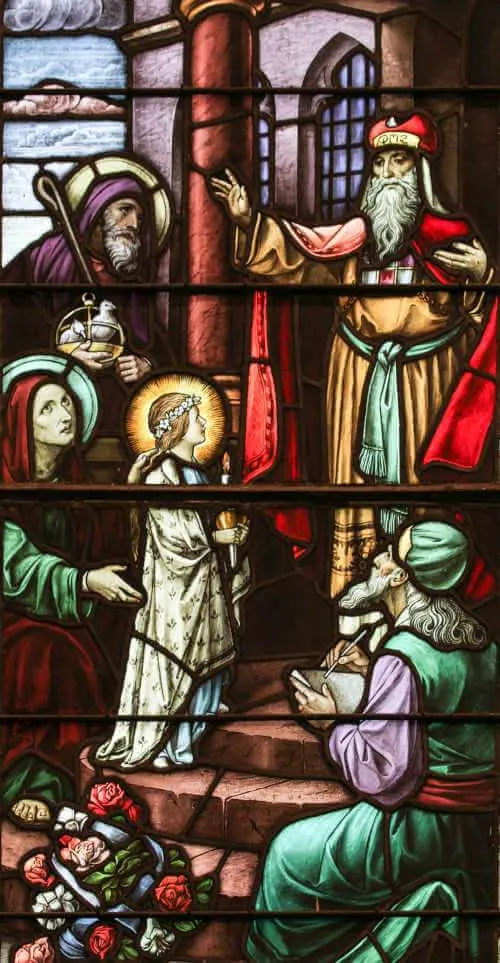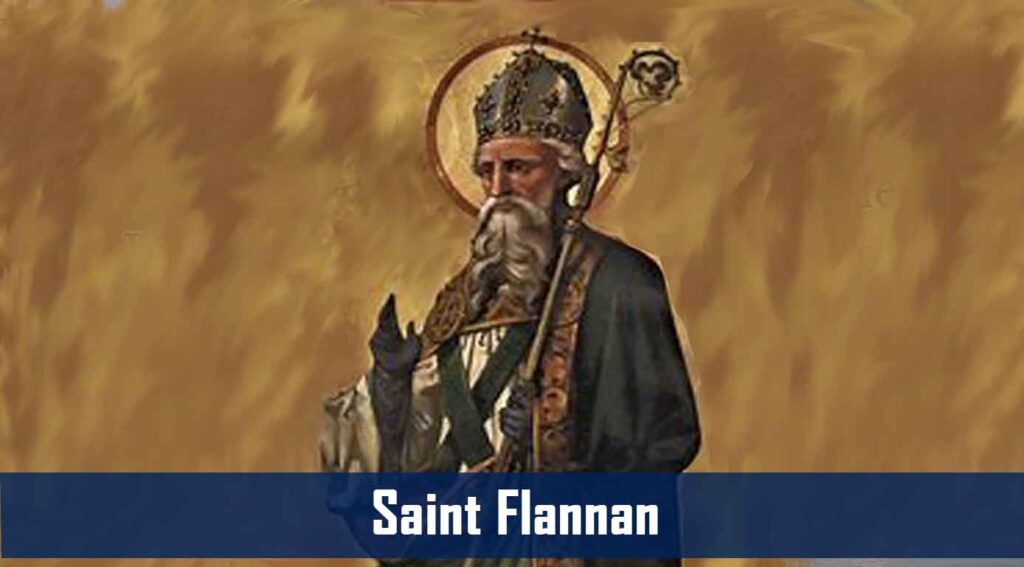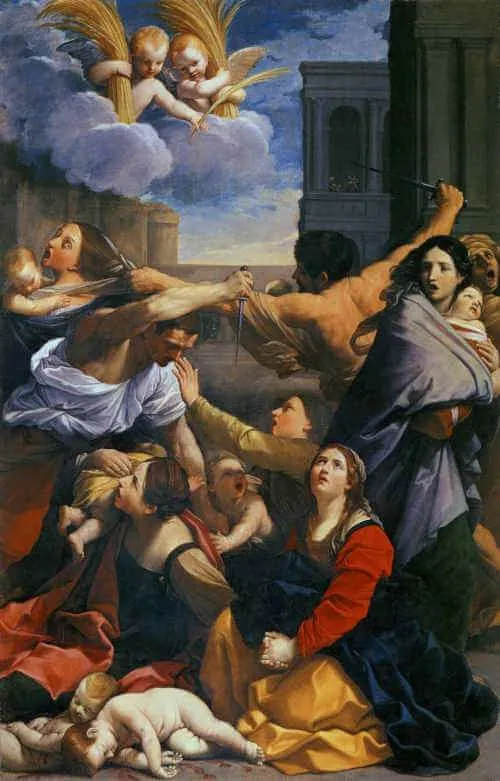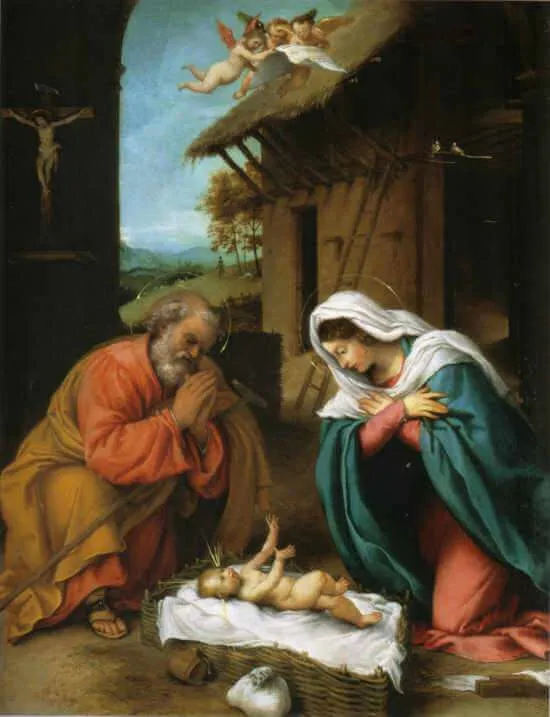Patron Saint of Rome, Pre-Congregation canonization, Elected pope 236
It wasn’t until 313 that Christianity was legalized by the emperor, Constantine the Great. Up until that time, Christians were widely persecuted by various emperors trying to please their gods. Fabianus (Fabian) was born into this Roman culture, most likely around the year 200. Although we know nothing about his early life, we do know that he served as pope for fourteen years.
Fabian’s election to the papacy took place in a divinely inspired way. After the death of Pope Anterus, who served for only one year, Fabian, a layman, traveled from his farm to the city of Rome to attend the election of the new Bishop of Rome with the people and clergy. It is not known what status Fabian held in the Church as he traveled to Rome. Yet no one present even considered Fabian as a possible pope, since other far more noble churchmen were being considered. During the public discussions, however, all that changed.
The fourth century Church historian, Eusebius, explains what happened next. “All of a sudden…a dove flew down from above and settled on his head as clear imitation of the descent of the Holy Ghost in the form of a dove upon the Savior; whereupon the whole people, as if moved by one divine inspiration, with all eagerness and with one soul cried out ‘worthy,’ and without more ado took him and placed him on the episcopal throne” (Ecclesiastical History). Just as the Holy Spirit descended upon Jesus in the form of a dove at His Baptism, it appears that the Father chose an unsuspecting farmer as His Son’s new vicar on Earth.
Fabian’s reign as pope began during a relatively peaceful period in Rome. Prior to that, from the time of the Apostles, there had been only sporadic persecutions of Christians in the Roman Empire. Hatred of Christians first began with Nero in 64 and continued in various forms under successive emperors until the Emperor Decius rose to power in 249, thirteen years after Fabian became pope.
Within a year of Decius’ ascension to the emperor’s throne, he issued an edict that required everyone in the empire to offer sacrifice both to the Roman gods and for the good of the emperor himself. What’s more, the sacrifices had to be confirmed by the magistrate who, after witnessing the sacrifice, would issue a certificate verifying the sacrilegious deed had been completed. Those who refused could be imprisoned or killed.
In the face of persecution and the threat of death, some Christians went through the motions of offering sacrifice to save their lives. Others fled and hid. Pope Fabian was among those who looked persecution and death in the face and accepted them. Pope Fabian and many other Christians died as martyrs for the faith.
In addition to his martyrdom and his divine election as pope, Saint Fabian is also known for being a good administrator of the Church, organizing the Church into various districts with appointed leaders. He had a heart for evangelization and sent several bishops as missionaries to Christianize Gaul (present-day France). Lastly, like many other saints of his time, he stomped out heresy, working to preserve the pure and orthodox faith.
Source: https://mycatholic.life/saints/saints-of-the-liturgical-year/january-20-saint-fabian-pope-and-martyr/


